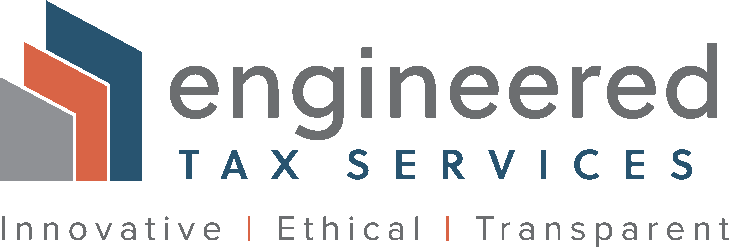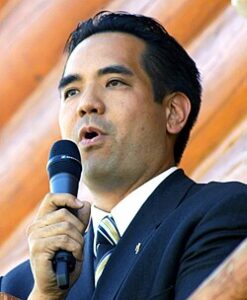As part of the Energy Department's Sun Shot Incubator Program, the Department today announced the availability of $12 million to accelerate solar energy innovation that reduces manufacturing, installation, and permitting costs for American homes, businesses, and utilities. This new funding opportunity expands on previous Solar Incubator rounds to support both hardware efficiency and soft cost reduction goals, while helping companies transition lab-scale ideas to prototype phases or move early-scale projects to commercial launch.
The Energy Department's SunShot Incubator Program helps launch startups and new business units within existing companies to speed up solar technology development and deployment in the United States. Since 2007, the program has helped launch more than 50 American small businesses, which have since attracted more than $1.7 billion in follow-on private sector investments. These growing companies have created more than 750 jobs across the U.S. solar energy industry.
Since its inception, the SunShot Incubator program has invested in technological innovation for solar hardware. In 2011, the Department broadened the scope of the program to include projects that address soft or non-hardware costs such as installation, permitting, interconnection, and inspection, which can amount to up to 40% of the total cost of solar installation. (For a breakdown of the soft costs of solar—compared to hardware and module costs—take a look at this interactive graph.) The current round of soft cost projects are developing creative business models, financing options, system designs, and software which are applicable to the entire solar industry. Building off these efforts, the new Incubator round announced today provides additional opportunities for small businesses and entrepreneurs in the U.S. solar field.
Divided into two areas—solar hardware and soft costs—this round of Incubator funding will help accelerate technology innovation and commercialization at different maturity stages.
Projects that are focused on solar hardware development and deployment are eligible under the following categories:
- Up to $500,000 to help speed the transition of a proof-of-concept technology to the early-stage functional prototype stage
- Up to $1 million to accelerate the transition of an early-stage functional prototype to a full-size prototype that could later be manufactured
- Up to $4 million to develop efficient manufacturing processes and equipment to move technology from a full-size prototype to pilot-scale production.
This new Incubator round will also support projects that are addressing soft cost reduction goals: - Up to $500,000 to accelerate the transition of a proof-of-concept business plan or early stage solutions to early customer trials
- Up to $2 million to drive full commercialization of innovative technologies that reduce solar deployment soft costs.
Read more information and application requirements for this Funding Opportunity Announcement (DE-FOA-0000838).
The Energy Department’s Sun Shot Initiative is a collaborative national effort to reduce the cost of solar energy by about 75% by the end of the decade, making subsidy-free solar energy cost-competitive with other forms of energy. Achieving this goal will drive widespread adoption of solar energy technologies, fortify the U.S. leadership in the global clean energy race, spur new industries, and create jobs across the nation.
The Energy Department’s Office of Energy Efficiency and Renewable Energy facilitates deployment of energy efficiency and renewable technologies and market-based solutions that strengthen U.S. energy security, environmental quality, and economic vitality.
Published by EERE News




